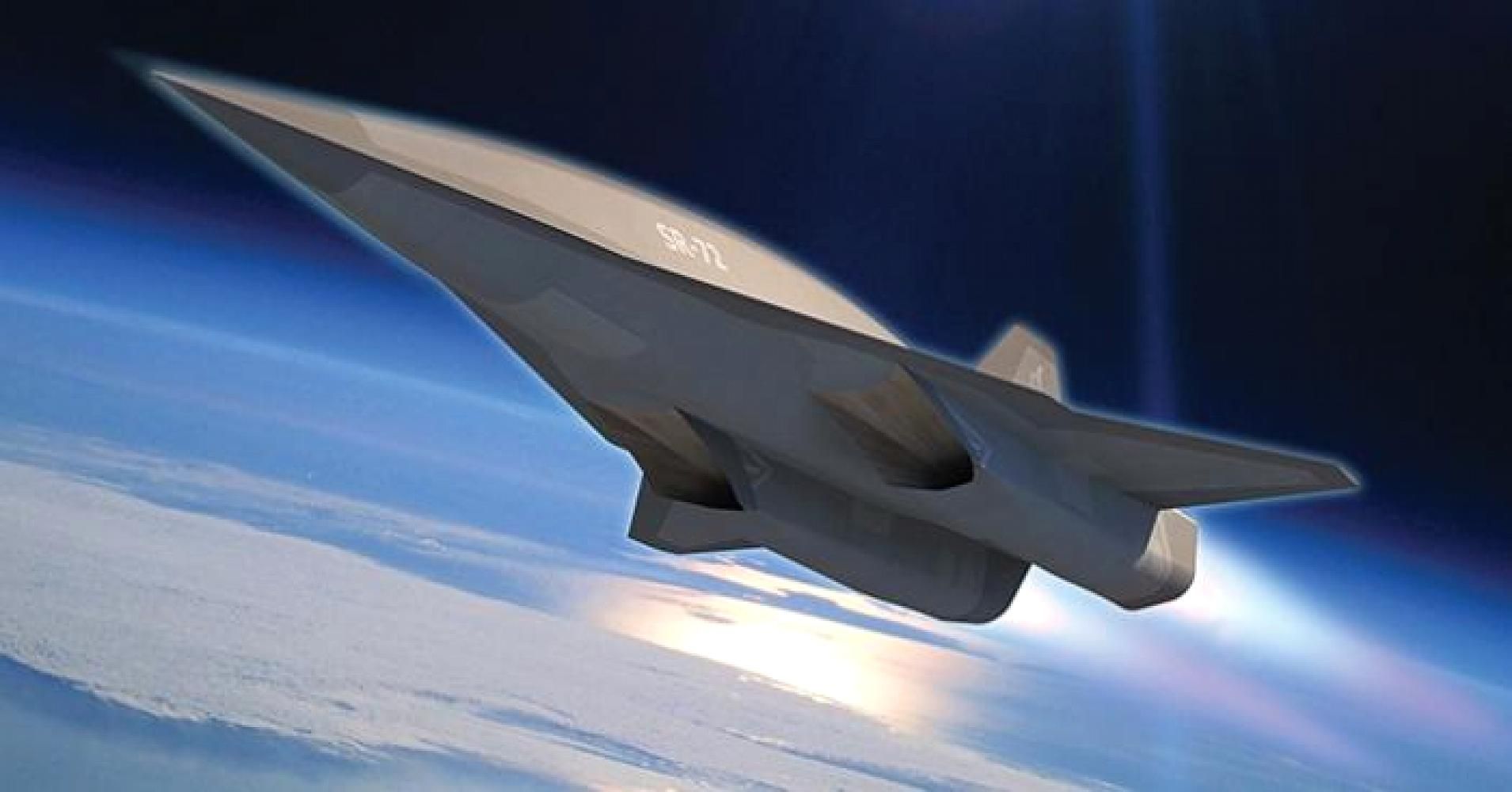Describing the bunker community as “large” is perhaps an understatement. “…This base is 18 square miles (47 square kilometers), about three quarters the size of Manhattan,” Vicino told RT’s Ruptly agency. He says the community has 575 bunkers and will be able to hold between 6,000 and 10,000 residents.
The motto “always be prepared” is wise advice, but one man is taking the mantra to the max. He’s got former military bunkers spanning a space that is three-quarters the size of Manhattan, and is selling them to survivalists.
Survivalists and so-called “preppers” are often the brunt of jokes, with insults ranging from “paranoid” to “weird” and everything in between. But Robert Vicino couldn’t disagree more. He runs a company which is currently focused on transforming military bunkers into doomsday shelters.
The shelters are in Middle of Nowhere, USA, otherwise known as Edgemont, South Dakota. It’s barely on the map, but it’s about to host the “largest survival community on the planet.” That’s big news for a town with a population of just 774 people.





